Keeping dedicated to your "Work"
Written by timmyjake
Remaining faithful to a story idea is difficult, even if you know that it has an amazing plot and enticing characters. Sitting at your writing place each day, working on it, can be dreary and become a chore—something that writing should never be, unless it is an essay for school (of which it’s automatically called a chore, one you must complain about.). It can drag you down and make you not want to continue—coming back to the same place, where you left off, time after time, day after day.
There are a few things you can do to avoid this feeling, this sense of boredom destroying your productivity. A few techniques can be brought into the monotony to keep things lively, and revert your focus to the story.
Build a Habit
You may have heard this before, and it is completely true—every bit of it. When writing something which is long, it’s crucial to set up a habitual moment in your day to write it. Find the time that works best for your writing, and then stick with it. Doing that may be difficult, even almost impossible, but it truly helps your writing.
When starting this, you will notice that the number of words you type will generally not increase the first day. In fact, it may go down after the first few days. Boredom, hesitancy, caffeine over-dosage—whatever the case may be. But stick with it. Give the habit a week to mature. After a short while has passed, the number of words you type will increase to a number that will surprise you. Guaranteed. And once you begin with that habitual writing program, never stop. Try not to take breaks, even. Write during that moment of your day no matter what. If you miss a few days, your writing productivity will go down, because you will have to reinstall the habit into your mental system, and reboot.
Keep things interesting
There are days when things look dull, and the chapter/part of the piece you are writing doesn’t look appealing to you. Instead of closing the computer lid or notepad and finding something else to do—not writing—or writing something else, just skip to another part of the piece that is more appealing.
Yes. Skip ahead. It may initially be confusing, and you may make many enemies if you have people reviewing it for you, but I have found this technique to be quite possibly the most helpful of any, because it keeps things lively and helps you continue to enjoy your piece. This practice works the best with second drafts of books, where you general plot is already worked up, but you can experiment with it on your first draft. It won’t hurt anything, because the later chapter will always be there for later, waiting.
Have Caffeine!
Erm, yesh. You should drink something, whether it be tea, coffee, soda, or perhaps merely water. There should always be a cup handy, preferably hot, that will stimulate your creative cells and keep you awake, ready to type.
Being halfway in the dream world tends to make your writing illiterate and confusing, and falling asleep in the middle of your work is only cool in the movies. So remaining completely awake is vital, even if the entire world is the opposite.
Shut Everything Else Down
While you are working on your chosen piece, shut everything else down. Every other document that's open, your e-mail and your browsers (and yes, that includes YWS—so sorry.). Everything. Shut down every program that you aren’t using, and anything that could distract you.
Writing demands your full and complete attention, or you will become even more scatterbrained than normal. Shutting everything else down makes you have no choice but to focus on the piece at hand; nothing is there to draw your attention away.
Listen to Music—or Not
We all have our preferences with writing. Some like it hot, some like it cold (although I have never heard of someone liking it seven days old), but we all have found certain things that just click into place—where without them, we are lost and have difficulty writing.
Music is one of those things. If you listen to music, or don’t listen to music—whatever—find that niche that works for you and stick to it. If you are doing well writing, why change anything? If listening to that certain song for hours on end (which I tend to do without realizing) works for you, just do it. The objective with all of this is to stimulate your writing abilities and get things rolling—and keep them that way.
I have found that different genres of music produce a different style of writing. Slow music without a beat brings out the calmness, the thoughts and dialogue. Music with a faster tempo and more depth in the melody brings out the action and passionate scenes. Experimenting with these things can be good, but keep it in check.
Remember: The point in listening to music while writing is to help stimulate your creativity and help, not make you lose yourself in the music itself. Music is a side attraction, not the center of attention. Keep it quiet and in the background, so you can focus on the writing in front of you. Just let your subconscious listen.
A few words from other YWSers who are dedicated novel writers to wrap this up…
@Pompadour says:
Usually, I make sure the plot's stable enough before I start. You don't want to start a fire if you don't have enough fuel, right? I also try writing in a way that makes the process fun, instead of a burden.
I then write character profiles, if I can be bothered to, especially focusing on their history.
@ThereseCricket says:
To remain focused on a certain story, I generally make sure I'm writing the story for the story's sake. I usually try to find some quiet place, and turn on some music, and just imagine what my character would feel inclined to do next.
@Deanie says:
You've got to make the time for it. Try for at least 1000 words a week. Set a day every week and make sure you do it.
And make sure it's a story you love. Characters that come alive, a plot that excites you and a story you're bursting to write. Then 1000 words a week comes easy.
And post it somewhere so you have reader fans that encourage you and spur you on through the darker weeks.
All you need to do to find the niche is to experiment for a while until you find what works. The things I have mentioned are, like I said, merely a few of the many methods you can test to see if they work for you. Tweak them, work them apart, and find what works for you.
Once you find that secret formula, don’t change it until you find that your writing is beginning to slacken. Then go back over it, and tweak it once more.


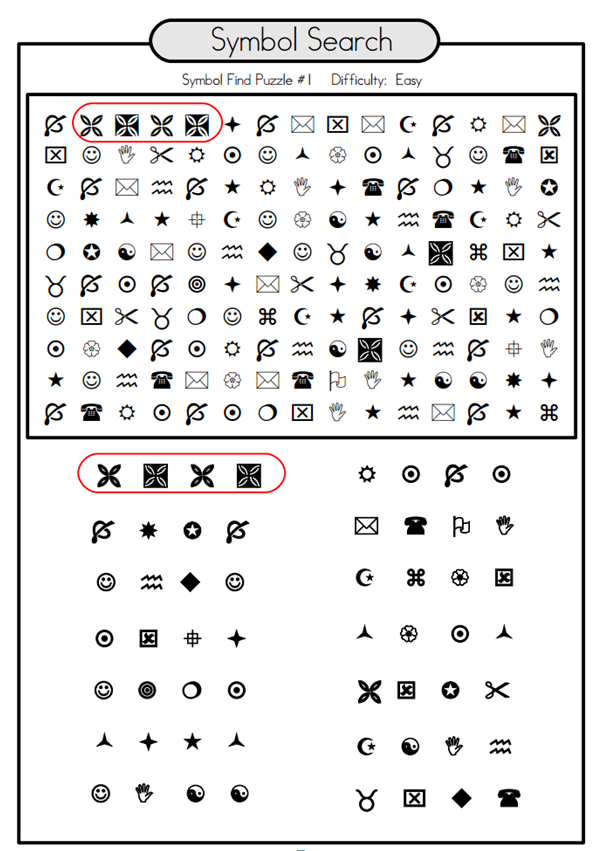
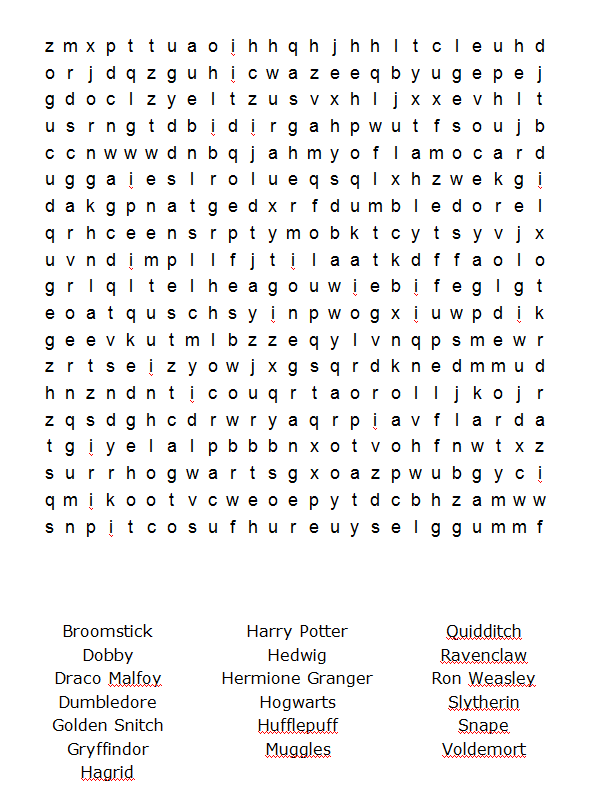



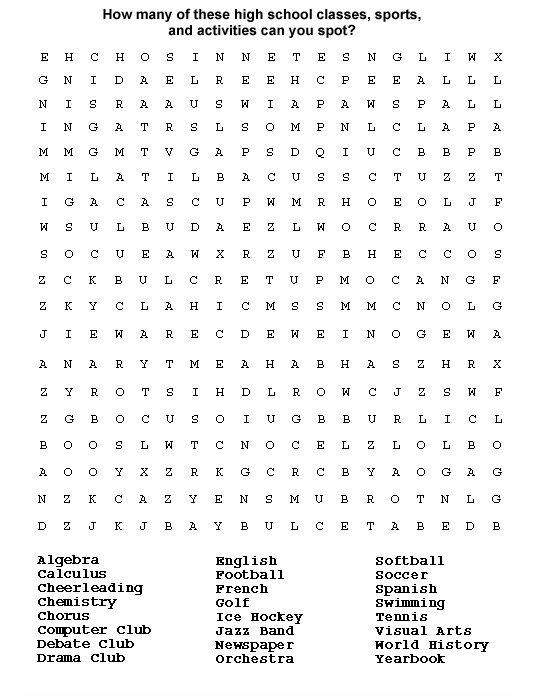
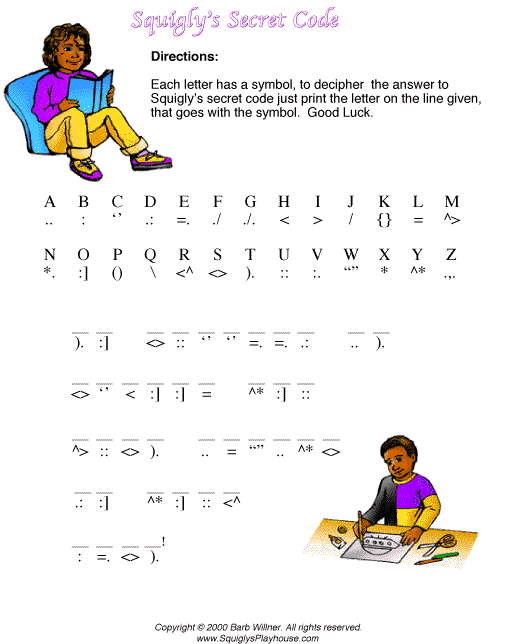
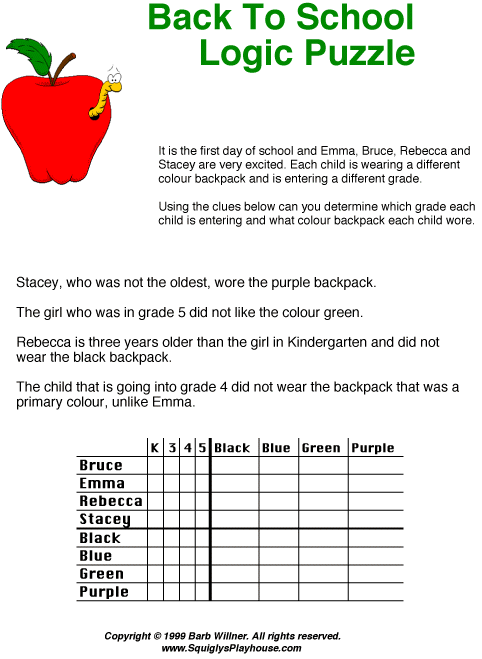
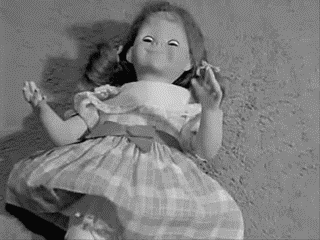
Gender:
Points: 300
Reviews: 0